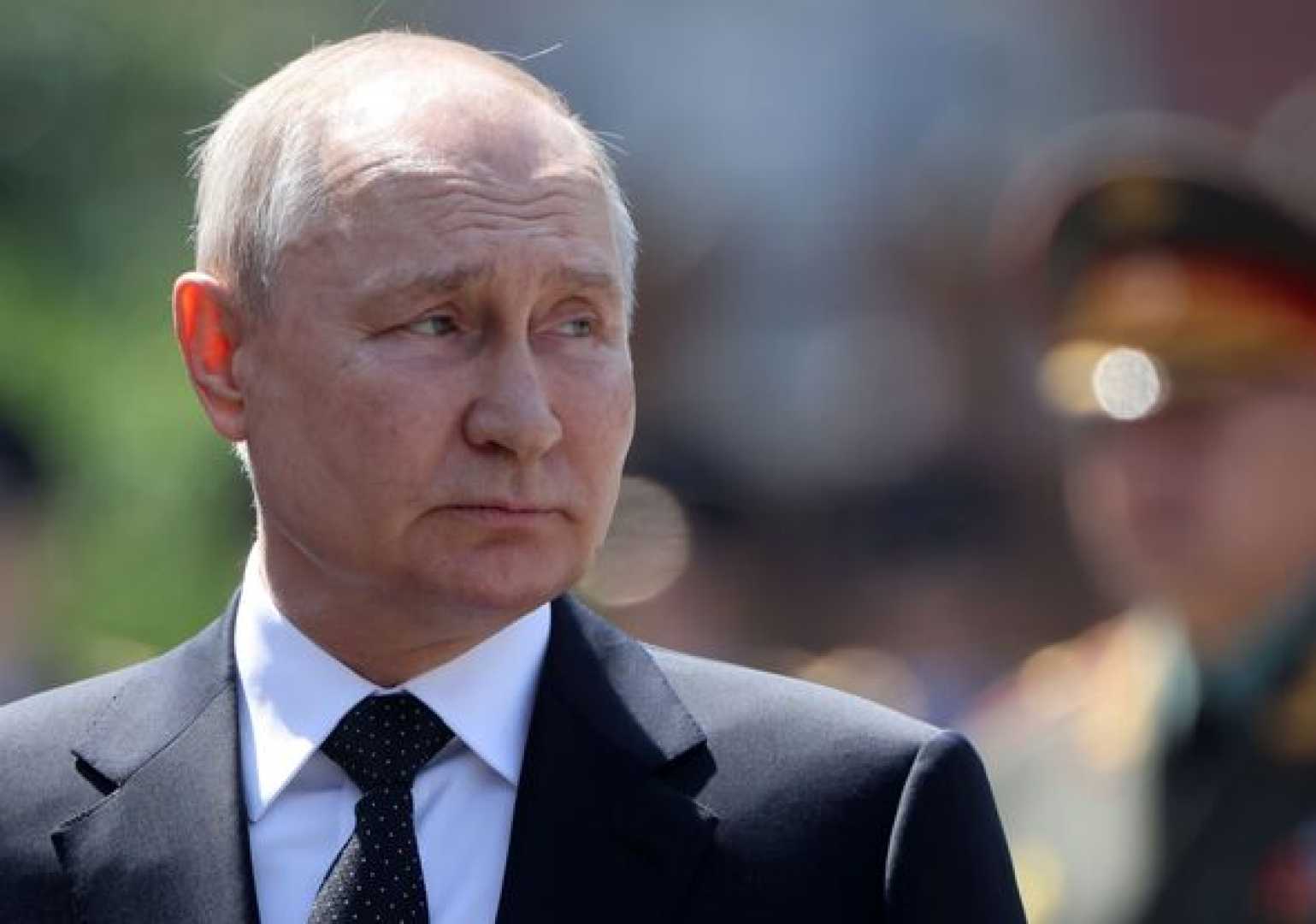News
UK and German Authorities Probe Suspicious Factory Fires

Counter-terrorism police in the United Kingdom are investigating an incident where an incendiary package, allegedly placed by Russian operatives, ignited at a DHL warehouse in Birmingham. This incident, which occurred on July 22, has raised concerns about potential Russian espionage activities targeting Western allies in support of Ukraine.
According to a report by the Guardian, the fire at the warehouse situated in the suburb of Minworth was promptly attended to by local fire services and warehouse staff, ensuring no injuries were reported. Details surrounding the origin and intended destination of the package remain unclear, particularly whether it was transported via a cargo or passenger aircraft.
Notably, a similar incident unfolded in late July at a DHL facility in Leipzig, Germany. Here, a package caught fire, prompting investigators to explore possible connections between the two incidents. Thomas Haldenwang, the head of Germany’s domestic intelligence service, warned that had the Leipzig package ignited mid-flight, a catastrophic crash might have occurred. This revelation came to light following a joint investigation by the Guardian and German broadcasters WDR and NDR.
The Metropolitan Police in the UK confirmed ongoing counter-terrorism investigations related to the incident in Birmingham. “Officers are liaising with other European law enforcement partners to identify whether this may or may not be connected to any other similar-type incidents across Europe,” a police spokesperson stated.
UK investigators have linked the incendiary package to a wider campaign allegedly orchestrated by Russian spies across Europe. Ken McCallum, head of MI5, expressed concerns about Russia‘s GRU military intelligence being on a “sustained mission to generate mayhem on British and European streets,” listing activities such as arson and sabotage.
Further incidents in the UK include a suspected arson attack on a warehouse owned by a company with links to Ukraine. Additionally, German authorities continue to scrutinize an alleged plot to assassinate Armin Papperger, CEO of the German arms manufacturer Rheinmetall, believed to have been foiled by US intelligence services.
The ongoing investigations are part of a broader effort to counteract what is perceived as reckless and aggressive actions by Russian intelligence services. Should a Russian connection be confirmed in either the Birmingham or Leipzig incidents, the motivations behind the plot remain uncertain, though they are suspected to aim at destabilizing Western support for Ukraine.
Meanwhile, the UK government has escalated its sanctions against Russia, targeting 18 Russian oil tankers and four liquefied natural gas tankers, preventing them from accessing British ports and services. Foreign Secretary David Lammy emphasized the need to “combat malign Russian activity at every turn,” citing cyber-attacks and military actions in Ukraine as key concerns.












